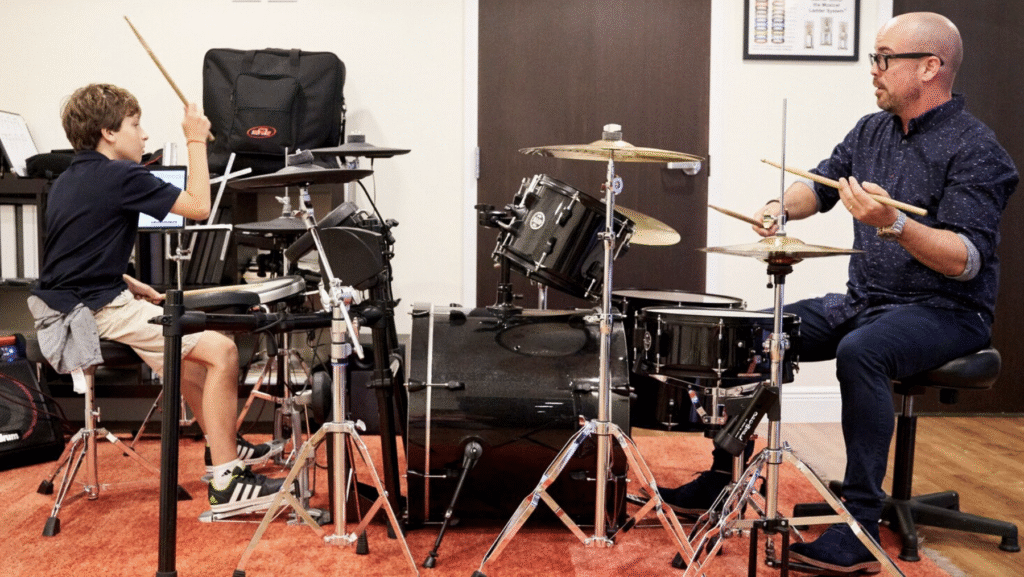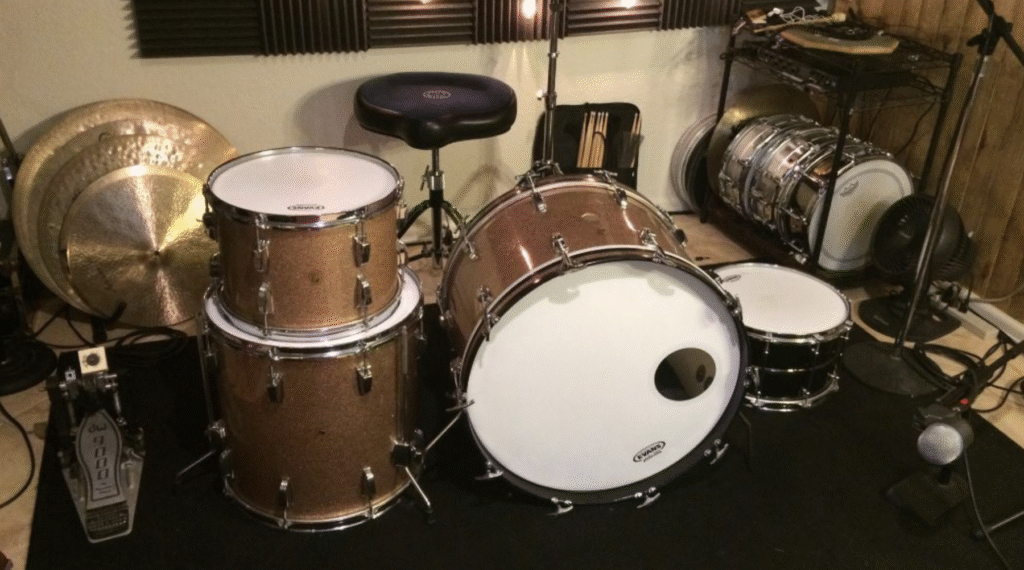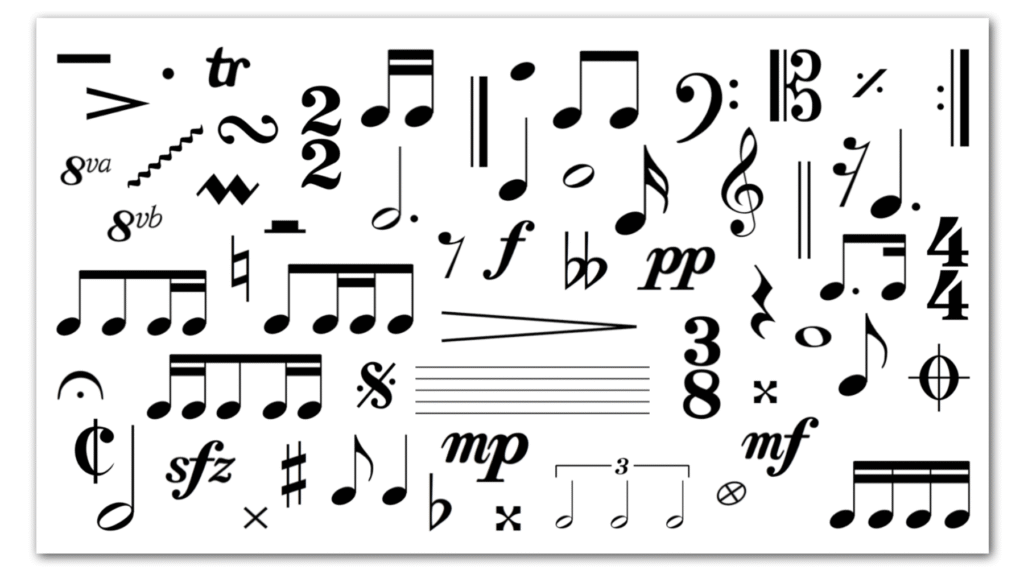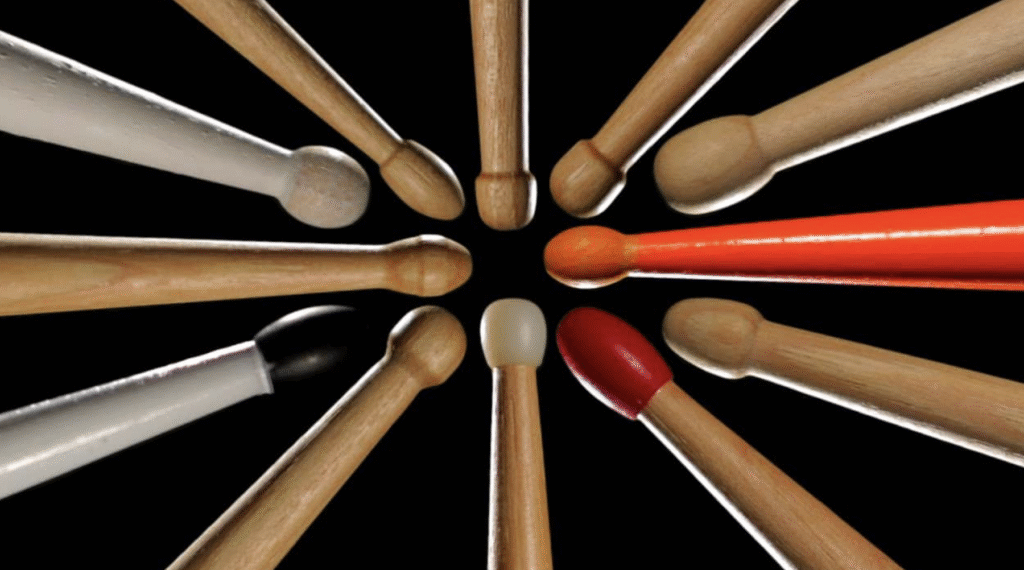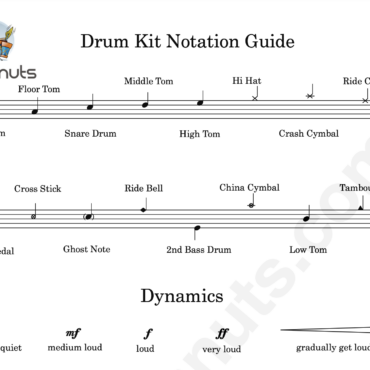How to Choose a Drum Teacher That Suits You
Finding the right fit when learning how to choose a drum teacher can make all the difference in your musical journey. Whether you’re a total beginner or looking to develop your technique, the right teacher will help you grow faster and keep you motivated. But with so many options out there, how do you know who’s right for you?
Let’s walk through everything you should consider before booking that first lesson.
Define Your Goals First
Before you even search for teachers, ask yourself what you want to learn. Are you just starting out? Maybe you want to play jazz, rock, or metal? Perhaps you’re preparing for grade exams or looking to join a band?
Knowing your goals will guide your search. Not every teacher is a perfect fit for every student. Some may focus on certain styles of music, while others prioritize performance and creativity. Be clear about your objectives from the start to avoid mismatched expectations.
Consider Teaching Style and Personality
Learning is more fun when you enjoy spending time with your teacher. A great drum teacher isn’t just a skilled musician—they’re also a good communicator.
Some students learn best with structure and clear practice routines. Others thrive when lessons feel relaxed and spontaneous. There’s no right or wrong approach, but it’s important to find a teacher whose style matches how you like to learn.
Don’t hesitate to ask for a trial lesson. This is a great way to see if the vibe feels right.
Check Experience and Background
Experience matters, especially if you’re aiming for specific outcomes like music exams or professional gigs. Ask about your teacher’s background. Have they taught students at your level before? Do they perform regularly? Have they worked in the style of music you love?
Many drum teachers also post videos of themselves playing or teaching. Watch those clips to assess their skill level and teaching method. A great teacher not only plays well but explains concepts clearly.
Location or Online Options?
Today, you don’t have to choose a local teacher. Thanks to video platforms like Zoom and FaceTime, online drum lessons are incredibly popular. This gives you access to world-class teachers, no matter where you live.
In-person lessons, however, offer the benefit of hands-on guidance and real-time corrections. If possible, consider a combination of both. Some students do weekly in-person sessions and add occasional online masterclasses for variety.
If you choose online lessons, make sure your internet connection and equipment are reliable.
Look for a Structured Yet Flexible Curriculum
While creativity is key, structure keeps progress steady. A strong teacher will offer a mix of exercises, songs, and feedback tailored to your skill level. Ask if they follow a specific curriculum or create custom plans for each student.
Look for teachers who provide materials such as practice sheets, audio examples, or even recorded lessons. These tools reinforce learning between sessions.
Flexibility is important too. Life happens. A great drum teacher understands this and helps you stay on track without pressure.
Ask for Student Reviews or Testimonials
One of the best ways to judge a drum teacher is by what past or current students say. Check for testimonials on their website or social media pages. You can also ask the teacher directly for references.
Positive reviews often mention patience, clear communication, consistent feedback, and fun lessons. If you spot these, you’re on the right track.
Watch out for any red flags—lack of organization, poor punctuality, or negative attitudes can affect your experience.
Budget and Lesson Length
Drum teachers charge varying rates depending on location, experience, and lesson length. Some offer 30-minute sessions, while others prefer 45 or 60 minutes.
Make sure the cost fits your budget, but don’t base your choice on price alone. A slightly more expensive teacher with great skills and proven results can save you time and frustration down the road.
Many teachers offer discounts for bulk lessons or beginner packages. Always ask about cancellation policies before committing.
Tools and Equipment Access
Ask if your teacher provides a drum kit for in-person lessons. If you’re doing online classes, make sure your setup includes a camera that shows your full kit.
Teachers who use technology like play-along tracks, metronomes, and screen sharing can enhance your learning experience. These tools help break down complex rhythms and improve timing.
Drummers need to hear and feel progress. So, a good teacher will encourage you to record yourself regularly and track improvement over time.
Keep Communication Open
A healthy student-teacher relationship relies on communication. Don’t be afraid to ask questions or request feedback. Let your teacher know if you feel stuck, unmotivated, or ready to level up.
Great teachers adjust lessons based on your progress and mood. If you ever feel like the lessons aren’t helping anymore, talk it through. You may just need a change in direction—not a new teacher.
Final Thoughts on How to Choose a Drum Teacher
Learning how to choose a drum teacher is a crucial step in building your skills. The right teacher inspires you, challenges you, and helps you enjoy the journey. Take your time, trust your instincts, and always keep your musical goals in focus.
At Drumnuts, we believe every drummer deserves a teacher who supports their rhythm and personality. So go ahead—find the perfect guide and let the beat begin! Check out drum lessons @ kiwidrummer.com.

